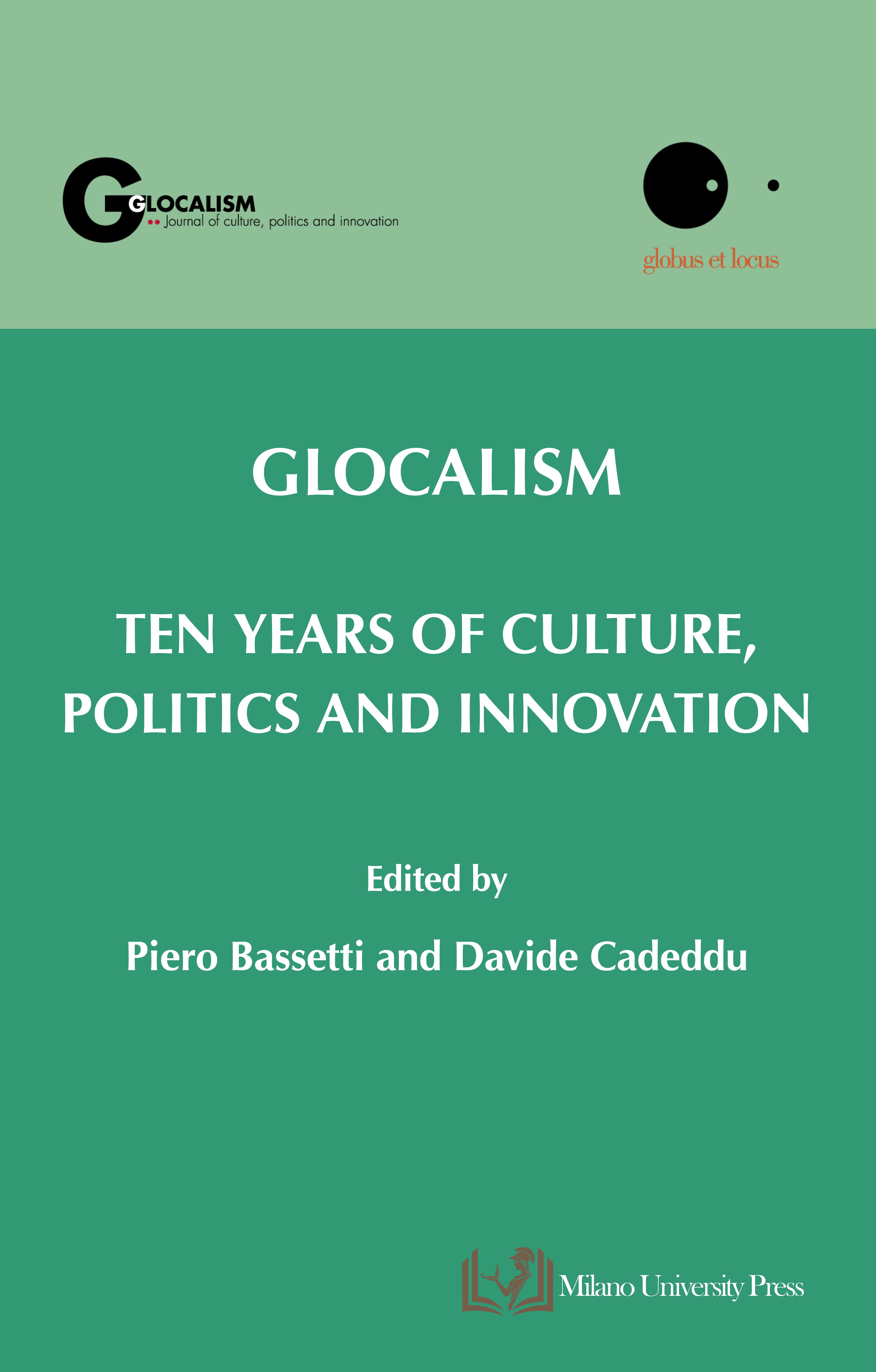Defining Revolution? The Egyptian “Revolutions” in 1952 and 2011
DOI:
https://doi.org/10.12893/gjcpi.2020.3.18Keywords:
Egypt, revolution of 1952, revolution of 2011, revolutionary actions, massesAbstract
Egyptian society has been shaped by two revolutions: The Free Officer Movement government takeover in 1952 and the ouster of President Mubarak in 2011. Both were revolutions but were very different in character. This paper will comparatively analyze the two events, the “revolutionary actions”, and the aftermath of the Free Officers on July 23, 1952 as well as that of January 25, 2011. It will examine the societal climate in which each of these series of events occurred, the nature of the “revolutionary action”, and the resultant effects of these events. It will be argued that although both were revolutions, the circumstances that led to them and the way that the revolutionary action was inspired, organized, and executed was very different in 2011 from those in 1952. This paper will seek an examination to each of these “revolutions” in terms of ideology and philosophy, public support, the nature of the “revolutionary” action (viz. the actual mechanism that resulted in the ouster of the previous regime). By analyzing these aspects of each “revolution”, one can analyze the applicability of the designation of “revolution” in describing both of these groups of events.

Downloads
Published
How to Cite
Issue
Section
License

This work is licensed under a Creative Commons Attribution-ShareAlike 4.0 International License.











